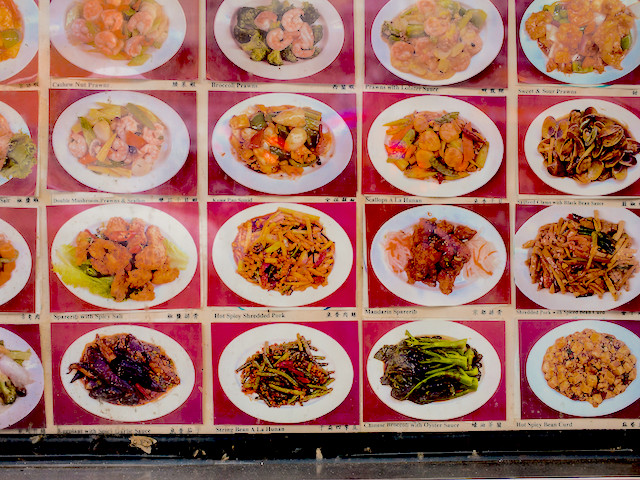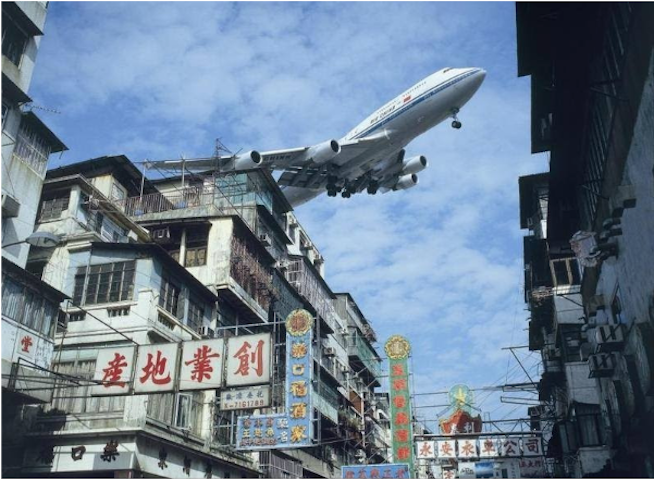Guest editors Munawwar Abdulla and Rahima Mahmut reflect on hope and persistence in East Turkistan, in time for Nowruz.

March 20, 2023
The following editors’ note is part of the notebook Spring Will Come: Writings from East Turkistan, with art by Efvan.
Spring has come. We welcome the new year with Nowruz, celebrated across cultures in Central Asia. At the end of a cold winter, we think of renewal, growth, blossoming, and blooming. This collection of poetry and short stories by people connected to East Turkistan, “Spring Will Come: Writings from East Turkistan,” shines light on work by writers from a land that has often been overlooked. Bordering several countries, including Russia, India, Kazakhstan, and China, this region has been a site of tension and plays for power throughout history. East Turkistan’s important role as a hub along the Silk Road has led to historians naming it a crossroads between the East and the West. As people who are native to this region, however, we wanted to focus this portfolio of work on our narrative as told by us, not historians or governments.
“East Turkistan” is a contentious name for the region that is officially recognised as the Xinjiang Uyghur Autonomous Region of China, often shortened to just “Xinjiang,” which means “new frontier” in Chinese. Before the Chinese Communist Party (CCP) gained control in 1949, two East Turkistan Republics had been formed, once in 1933 and another in 1944. Today, members of the diaspora carry on this name. In China, however, people who use this name or Uyghurs who voice any form of discontent are accused of the “three evil forces”—separatism, terrorism, and extremism.
Considering the fraught history of the region, many names exist for it, such as “Altishahr,” “Uyghurstan,” and so on. Naming has been an important way in which different groups have claimed ownership of the land. “Tengritagh,” for example, means “Heavenly Mountains”—”tagh” meaning “mountain” and “Tengri” referring to the sky deity in the old Turko-Mongol religion called Tengrism. These same mountain ranges are now better known in Chinese as “Tienshan,” which means the same thing, but removes the mountains’ historic attachment to Turkic and Mongol people.
The significance of language and names surfaces in the pieces gathered here. Zunun Qadiri’s “The Edict,” written in 1948 and translated by Michael Fiddler, presents a comedic story showing the effects of miscommunication due to colonizing forces using foreign languages to rule. Other common themes across this notebook include connections to nature, land, and spirituality, like in Zadakhan Mynbai’s “O Forester,” translated by Esen Aman, which warns of cutting down trees and separating sparrows. The lines “I was also cut like a tree when I was young / I also lost my partner in the same way” poignantly reminds us of how people in the region have been forced to uproot themselves. The importance of companionship with the natural world and connection to oral history is also highlighted in “Tiney’s Golden Eagle” written by Nygymet Mynzhani and translated by Dilyara Lindsay.
This year, Nowruz coincides with the beginning of Ramadan, a holy month in Islam during which people fast from dusk to dawn. Because East Turkistan is a majority-Muslim region, the month would usually mean changes in peoples’ day-to-day, larger gatherings in the evening for iftar, pilgrimages to old shrines, and a sense of spirituality. However, after 9/11 and China’s own war on terror, learning and practicing Islam has become increasingly difficult in East Turkistan. In the last few years, praying, turning the lights on too early in the morning (possibly to fast), wearing a hijab, or even refraining from alcohol have become equated to extremism and are enough of a reason for people to be sent to so-called “reeducation camps,” but are in fact, concentration camps.
Thus, perhaps what is most known about East Turkistan today are camps, oppression, and genocide. While Uyghurs, Kazakhs, and other Muslim populations in East Turkistan have faced varying degrees of persecution since the CCP took over in 1949, in the last seven years, the CCP has mounted a major crackdown on these groups. Millions have been herded into concentration and forced labor camps, or face arbitrary arrests, extreme surveillance, restriction of movement, as well as other modes of oppression made possible by new technology, investment from global supply chains, and the disregard of the world that profits from the commodification of Uyghur bodies. Furthermore, the Uyghur identity continues to be stripped of its essence, with China banning education in Uyghur, removing Uyghur writers and textbooks, and sanitizing Uyghur music and religion to fit the Chinese mold. And so, Aygul Alim (Tamcha), in her poem “Memorial” translated by Colin Legerton, declares: “To my dying day I will not quit striving / to save this tongue I did not know.”
Today, much of the diaspora has been forced to lose contact with their friends and families back home, as association with foreign countries often leads to detainment. Many who returned during the beginning of the crackdown in 2017 have disappeared. Abduweli Ayup’s “If I were the country, the homeland that you loved,” translated by Munawwar Abdulla, presents the anguish of not being able to save his niece, a scientist who died in 2020 when she was detained and interrogated after returning home from Japan. Ayup, as well as many activists who speak up about the atrocities back home, wonder if their role in bringing awareness to the world is responsible for the harms enacted on their families. Out of those who have been detained, only a few who had foreign residency have been able to leave East Turkistan, and even fewer have had the ability to speak out on the issue. Those who do speak out relive the trauma of degradation each time they testify to a reality people don’t care about.
Much of the writing in this notebook revolves around these feelings of separation and longing for a home that no longer exists, as seen in Abdulla’s translation of the poem “The Road Home” by Abdushukur Muhammet (Qumtur), a poet and teacher exiled twenty years ago. Muyesser Abdulehed’s (Hendan) “If Needed,” co-translated with Abdulla, provides a desperate account of the sacrifices she will make to return home. Abdulla’s “Little Confessions” wishes her grandparents could have returned to rest in peace in the land they and their ancestors had lived in. And in Efvan’s “My Plea,” translated by Rahima Mahmut, we hear the anguish of the corpses behind the Tengritagh, which crosses outside the western borders of our homeland, and the troubled silence of the world.
We also chose to include poetry from writers who are currently detained in East Turkistan. Their work differs markedly from those of poets in the diaspora, as many of these writers self-censor, or are censored by the government in publications. From Abduqadir Jalalidin, a poet and professor sentenced to thirteen years in prison, we have “Boredom,” a sarcastic poem providing advice and an analysis of his society, translated by Legerton. Perhat Tursun’s “Guest,” co-translated by Darren Byler and Anonymous, analyzes his meek grandfather whose name, “Mëhman,” means “guest,” and by extension, Uyghurs of past generations. “Guest” brings to mind the euphemistic metaphor Uyghurs use for the CCP—people who were welcomed as guests to help bring social change, but who overstayed and occupied our homes, turning us into the “guests” in our homeland. Tursun himself is a poet and researcher who is currently sentenced to sixteen years in prison.
Despite it all, we persist. We have persisted for decades and refuse to be defined by tragedy, victimhood, or our oppressors. We have hope and the strength to continue to survive. As Abdulla commands in “Elegy for a Home Besieged”: “Will they always dictate us in metal cages? / Say: I am still alive in the heart that rages.” In Abdurrahim Imin’s (Parach) “The Beloved Will Come,” the Beloved, which often refers to a deity in the Sufi tradition, takes on the role of Freedom and Motherland. He tells us, “Be joyful, my heart, for your beloved will come.” The snow will melt, the tyrants will be locked up, and Dawn and reunion will race towards us. As Abdurehim Ötkür asks in “Calling Out for Spring,” written in 1947 and translated by Mahmut, “Is this our legacy, to shed tears?” He then answers himself:
Even when my tongue is pinned to silence,
even when the arrow pierces my chest,
even in the spate of my flowing blood,
I call out for Spring.
Accompanying the fifteen poems, stories, and translations in “Spring Will Come: Writings from East Turkistan” are illustrations by Efvan, whose work elicits a sense of hope and home.
Poetry is an important and widespread form of communication in East Turkistan, from nomadic oral epics to large online poetry salons, which are slowly being revived in the diaspora. Selecting the poems and stories to go into this notebook was an extremely difficult task, and we really hope all the writers who submitted their work will be published in the near future. We would have also loved to see more from lesser-known communities in the region, but security concerns, time constraints, and limited networks were tough hurdles to surmount. We’d like to thank all the contributors for entrusting us with their work, and AAWW for deciding to embark on this journey with us.



